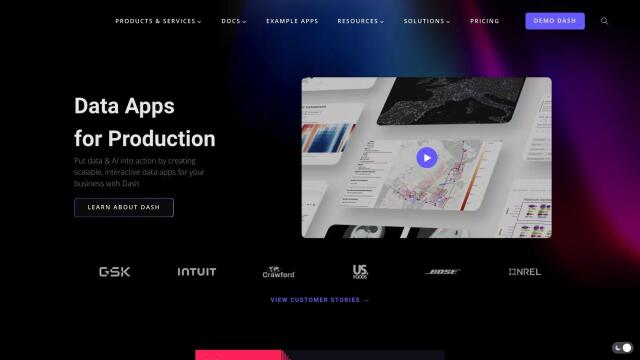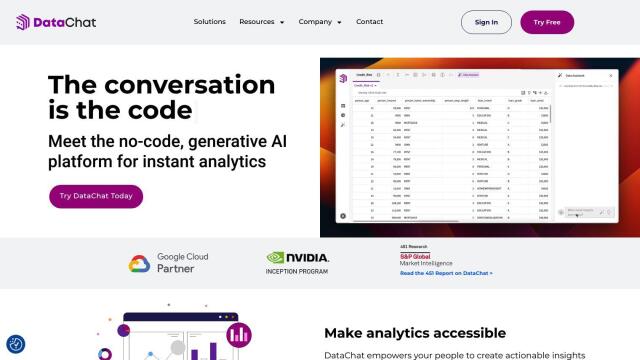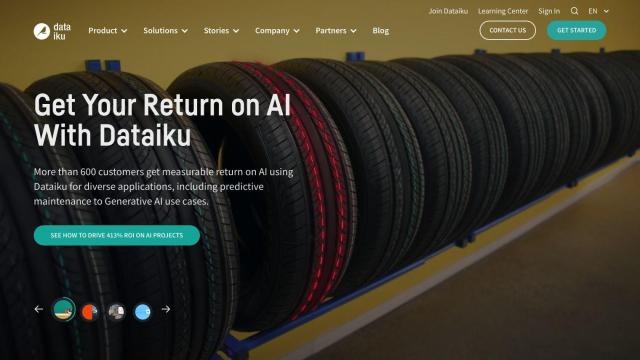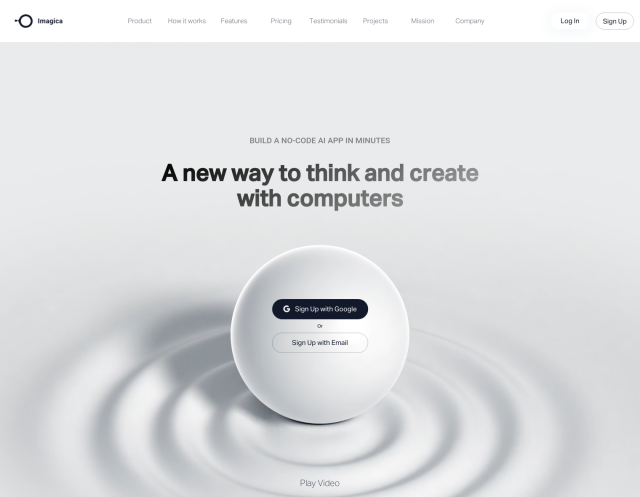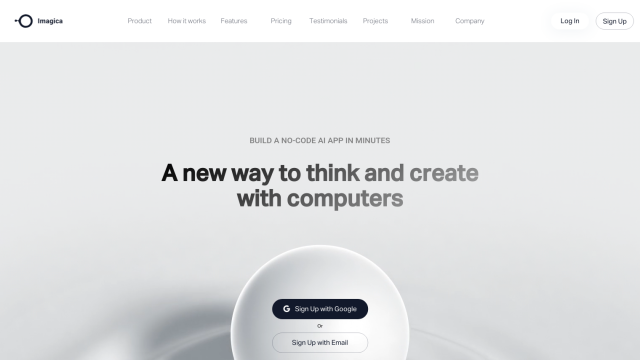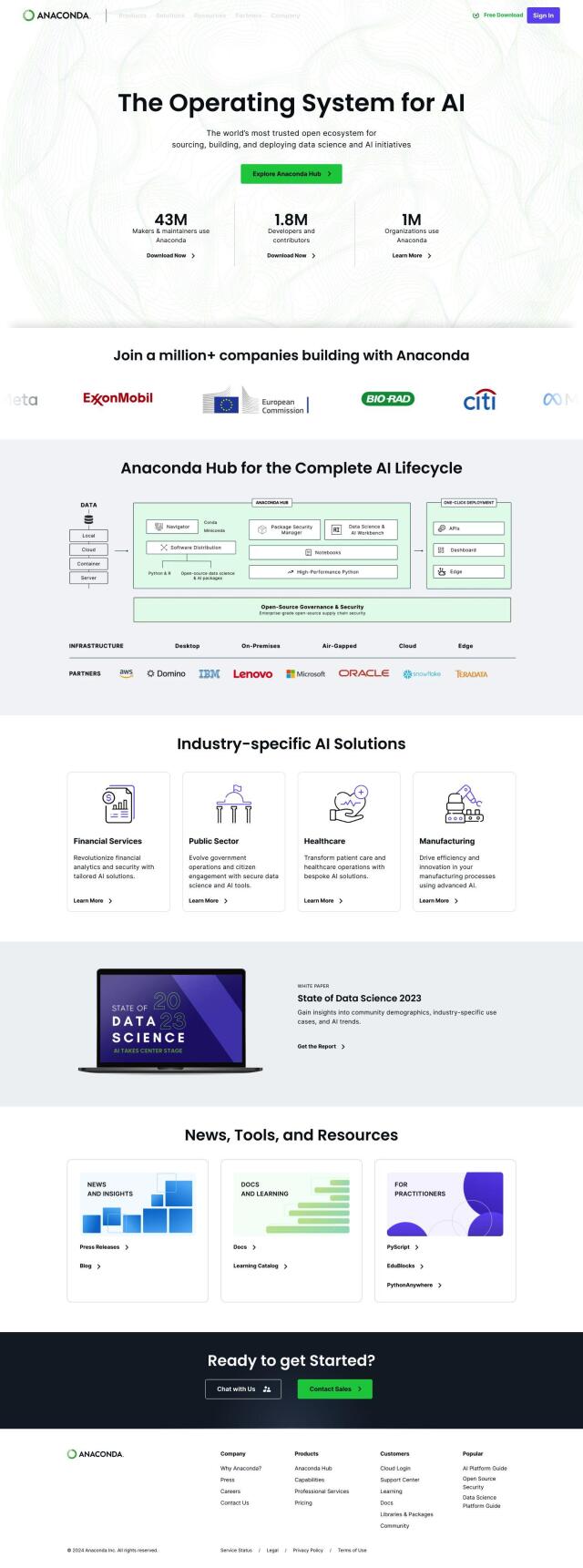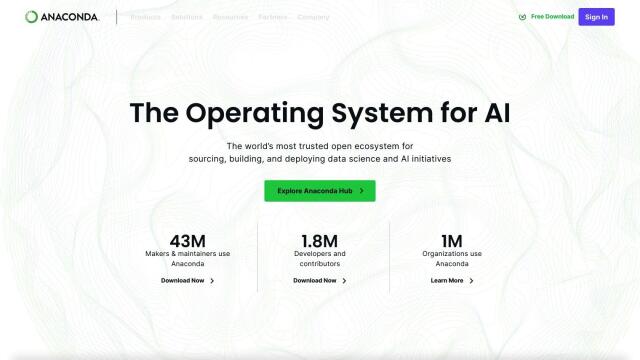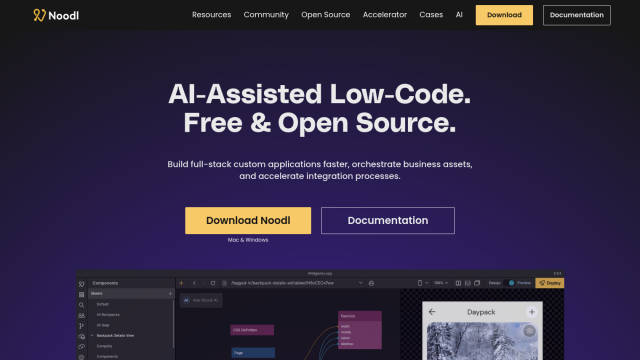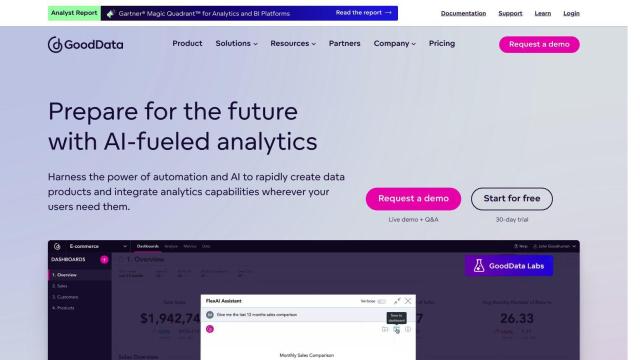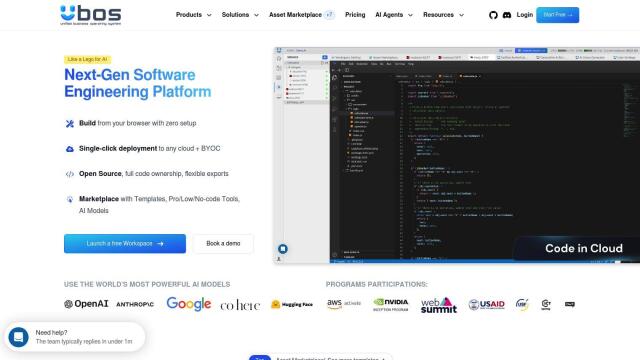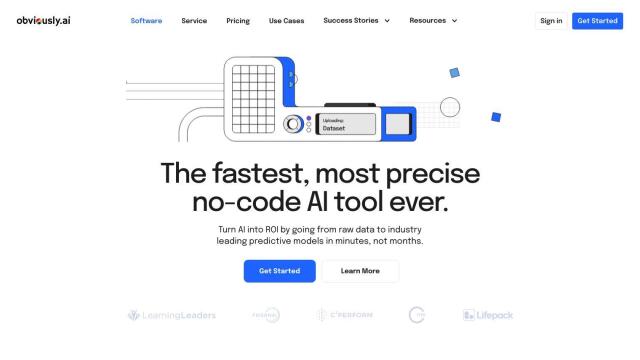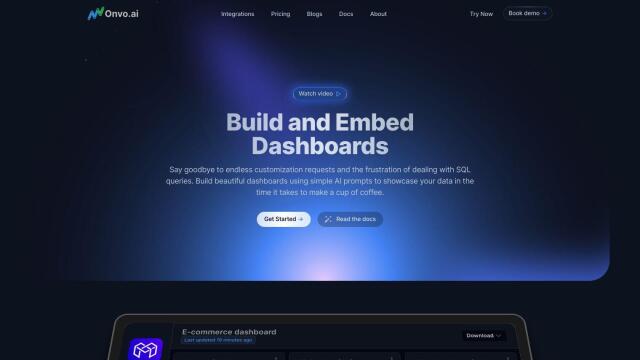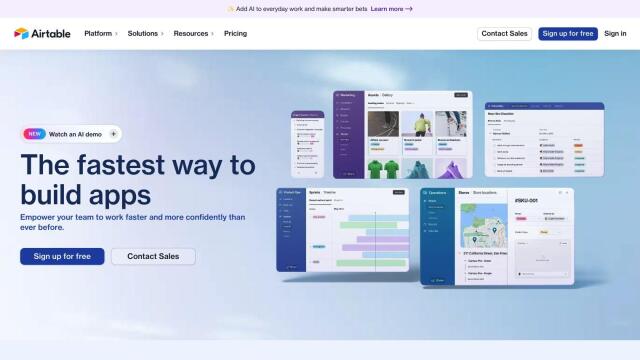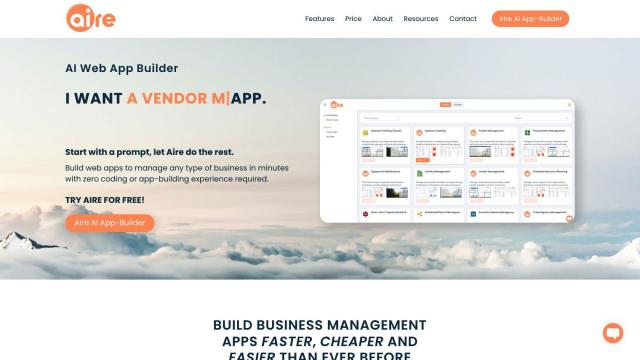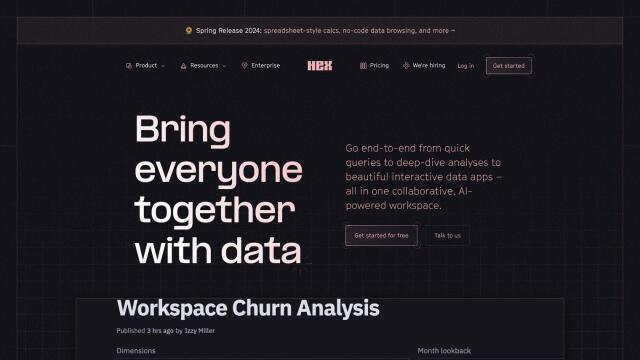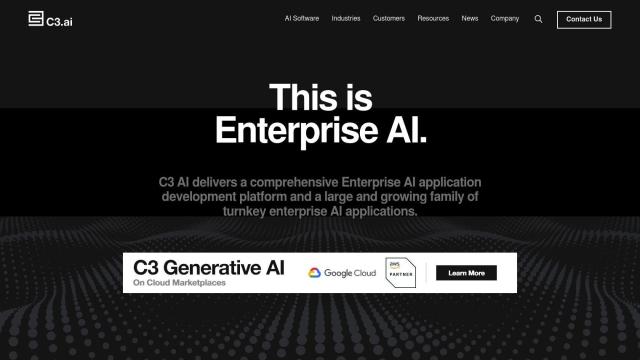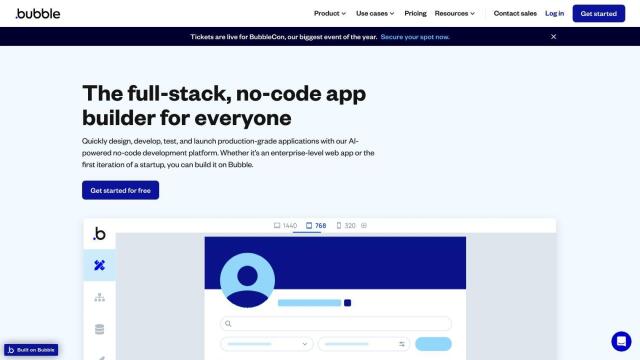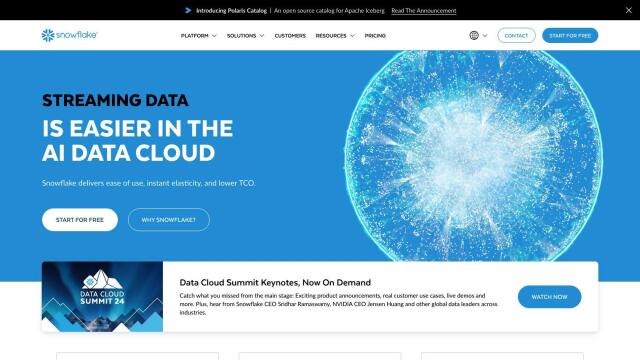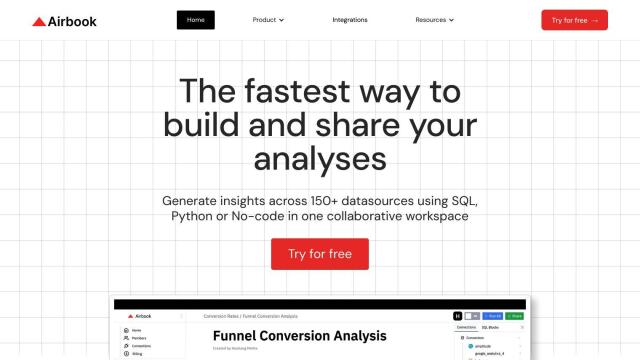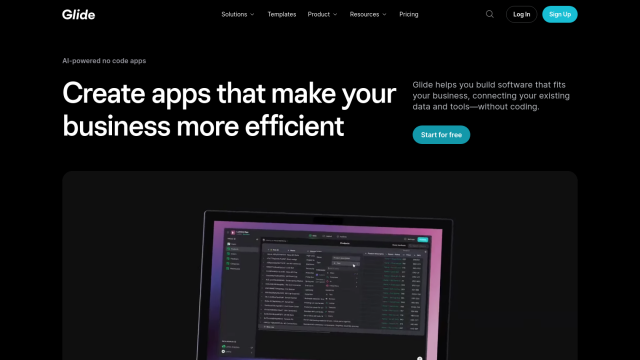
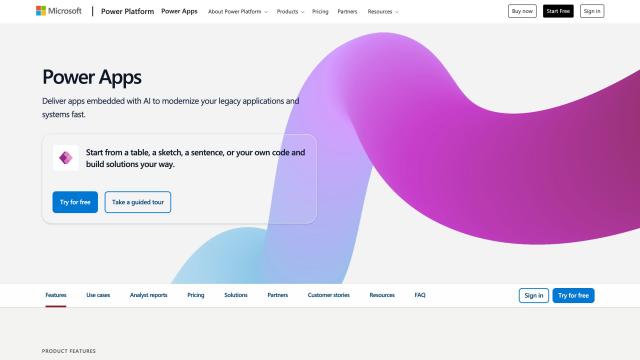
Power Apps
If you're looking for a Dash alternative, Power Apps is another option. It's a low-code development environment from Microsoft that lets you build AI-powered apps quickly. With tools like Copilot, AI suggestions, drag-and-drop interfaces and a data foundation called Microsoft Dataverse, it makes app development easier. It's tightly integrated with Microsoft Azure, Visual Studio and GitHub, and can tap into more than 1,200 data sources, so it's a good option for a wide range of needs.

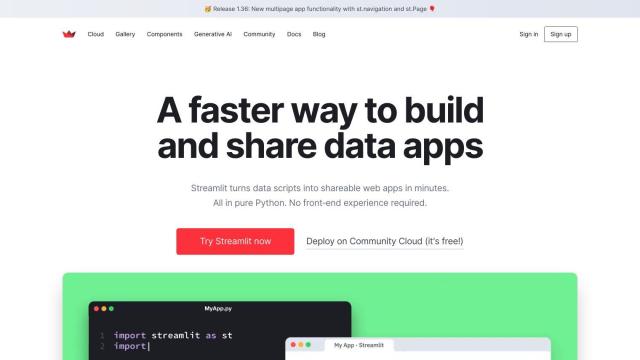
Streamlit
Another good option is Streamlit, an open-source Python framework that lets data scientists and AI/ML engineers build interactive data apps without worrying about front-end programming. It covers a broad range of categories including data visualization, geography and finance, and can be used in conjunction with libraries like Pandas and Vega-Lite. Streamlit apps can be deployed immediately, and it's possible to create custom components so people can build and share their own tools.

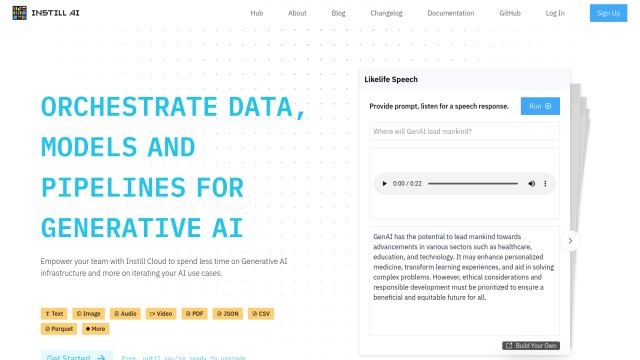
Instill
If you're looking for no-code/low-code AI platforms, Instill is a flexible and scalable option. Teams can concentrate on iterating AI use cases by simplifying data, models and pipelines. Instill features like speech responses, webpage summarization and SEO article generation, and Instill is designed to handle infrastructure and deploy AI models. It supports Python and TypeScript through SDKs and encourages collaboration with open-source code.

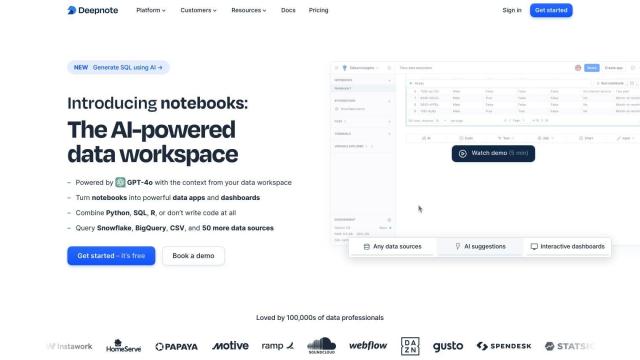
Deepnote
Finally, Deepnote offers a collaborative data workspace where teams can work together to explore, analyze and share data with Python, SQL and no-code tools. It integrates with many data warehouses and databases and offers real-time commenting, version control and high-end GPU configurations. Deepnote protects data with encryption, RBAC and compliance with standards like HIPAA and SOC 2, so it's a good option for collaborative data projects.

